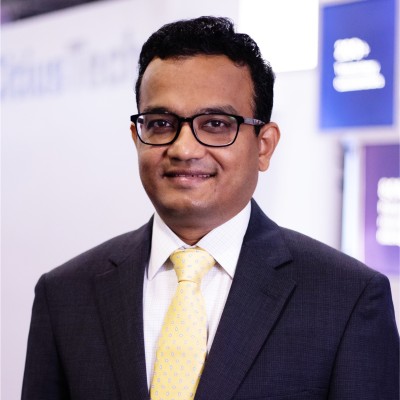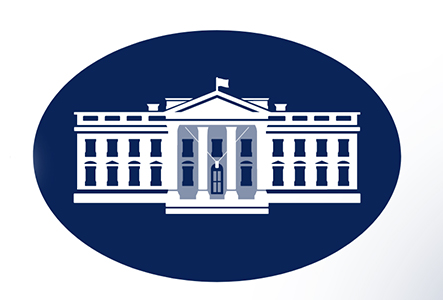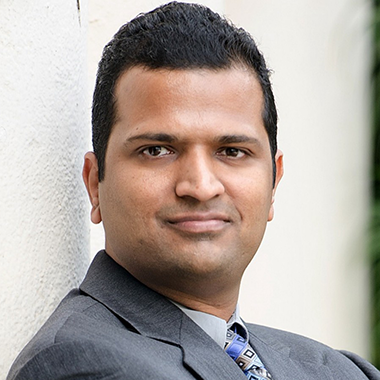
Following a “alarming” increase in medical device submissions containing unreliable data, the FDA is reminding manufacturers and study sponsors that they are responsible for qualifying third-party test labs and closely scrutinizing all testing data.

Following a “alarming” increase in medical device submissions containing unreliable data, the FDA is reminding manufacturers and study sponsors that they are responsible for qualifying third-party test labs and closely scrutinizing all testing data.

A new survey from Frost & Sullivan highlights the key barriers to adoption of real world data and analytics in health care and life sciences.

Decoding the legal framework for faster time-to-market.

Behavioral health providers were excluded from the 2009 HITECH Act, which contributed to significant disparities in EHR adoption between mental and physical health providers. The Behavioral Health Information Technology (BHIT) Coordination Act could help remedy this, yet regulatory and societal barriers to full interoperability remain.

On October 30, President Biden issued an Executive Order establishing new standards for artificial intelligence (AI). The order focuses on safety and security, privacy protections, advancement of equity and civil rights, promotion of innovation and competition and advancing American leadership in AI.

Genomics data scientist Harsha Rajasimha, Ph.D., Founder and Executive Chairman of IndoUSrare, highlights the risks of developing AI/ML algorithms based on biased data, as well as efforts underway to improve global collaboration on the collection and sharing of health data that may help us realize the potential of AI in diagnoses and treatment of rare diseases.

The COVID-19 pandemic pushed digital health to the forefront of care delivery, spurring massive innovation and investment. As the capital markets cool, investors are looking for companies with a proven return on investment, customer retention and good market fit.

AI not only improves data collection and analysis, it impacts which products are engaged in clinical trials, determines necessary medical criteria, helps design the trials and can even choose the best participating facilities. The result is, organizations that leverage AI will be more successful and will go to market faster than those that don’t.

For life sciences companies seeking to develop, deploy and successfully commercialize digital health products and solutions, the pathway to success can have many twists, turns and roadblocks. This article examines some of the major challenges to bringing digital health products to market and explores potential opportunities to ease the journey.

The FDA CDRH is seeking input from industry and the public on expanding access to home use medical technologies. The comment period closes on August 30, 2023.